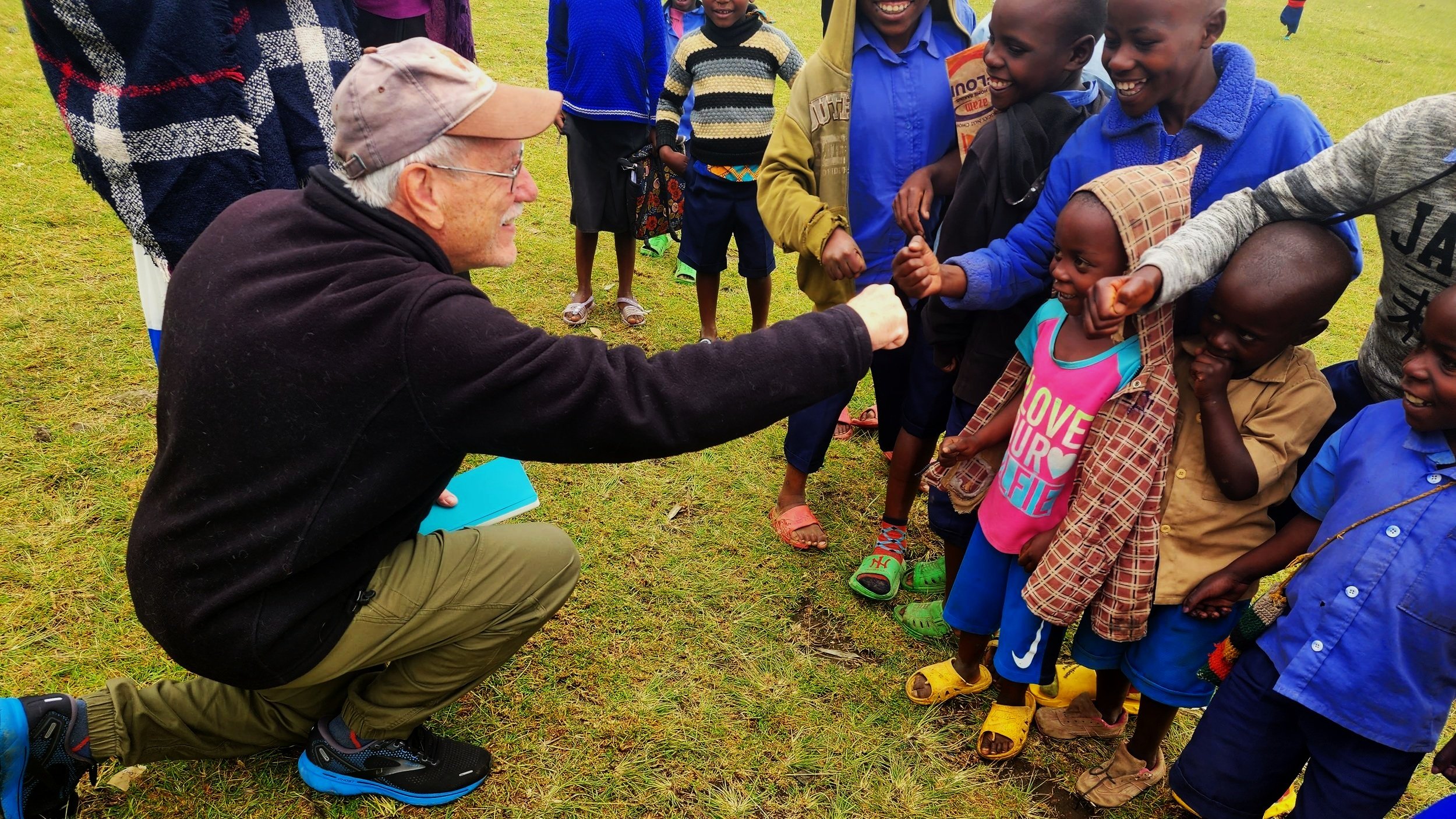Kevin Batt Visited Schools and Student Homes
In mid-October, Kevin joined Manzi in returning to the remote northwest corner of Rwanda, snug against volcanoes, where Manzi grew up. Here, they were able to visit Rwinzovu and Nyabirehe Schools, speak with their headmasters and visit homes of some students.
At Nyabirehe, the headmaster Dieudonné Habiyambere credited internet availability and computer training with letting teachers access on-line all the necessary textbooks and curriculum guides, not to mention additional materials that teachers found to enhance their teaching. He also hoped to find new incentives to motivate teachers to put in extra time and energy to prepare students for the national exams. This year, fewer sixth grade students than last year achieved the top scores that would enable them to attend prestigious public secondary schools where they receive room and board during the school week. However, the overall average scores of all sixth graders increased and many fewer students failed the tests.
The chicken farm at Nyabirehe School is thriving. An on-site caretaker with a veterinary background demonstrated the feed, antibiotics, vitamins, antiseptic solutions and other essentials for chicken health. Next to the chicken coup, row upon row of fat cabbages were ready for harvest. October is the rainy season. Next to the garden a large round tank stored fresh (and potable) rainwater as it spilled from piping and gutters of a rainwater roof collection system.
Kevin, Nicole, and Damascène visiting student homes in Rwinzovu
Manzi and Kevin learned that a significant additional public investment in lunch programs this school year had reduced the amount that families are required to contribute for lunch to approximately one penny per day per student. The eggs and garden vegetables to be produced at the school from IREME’s and MUG’s efforts will add to the food purchased through the government lunch program. Headmasters believed that the increased subsidy led to a substantial increase in enrollment of students, especially of pre-school children. Physical space was so constrained by the influx of new students at Rwinzovu that the library had to be converted to a classroom, while one of the pre-school rooms swelled with more than 100 small children tucked together on benches.
But even with the reduced cost of lunch, some families still cannot afford the family contribution. Led by IREME’s Community Health Worker Damascène Nzarora and Special Projects Manager Nicole Ujeneza, Manzi and Kevin visited one of these families. They met a mother of nine children and several grandchildren who largely depended on her $10/month income from government paid roadwork. Her husband was disabled. IREME is looking for ways to help fund additional subsidies for these families.
As a result of IREME’s efforts with MUG’s assistance in sponsoring an array of health and educational programs at the schools, IREME’s reputation has grown in the community. Parents look forward to visits from Damascène. Local officials are paying attention. New energy and community organizing have emerged. Our projects are beginning to roll out and have an impact.

